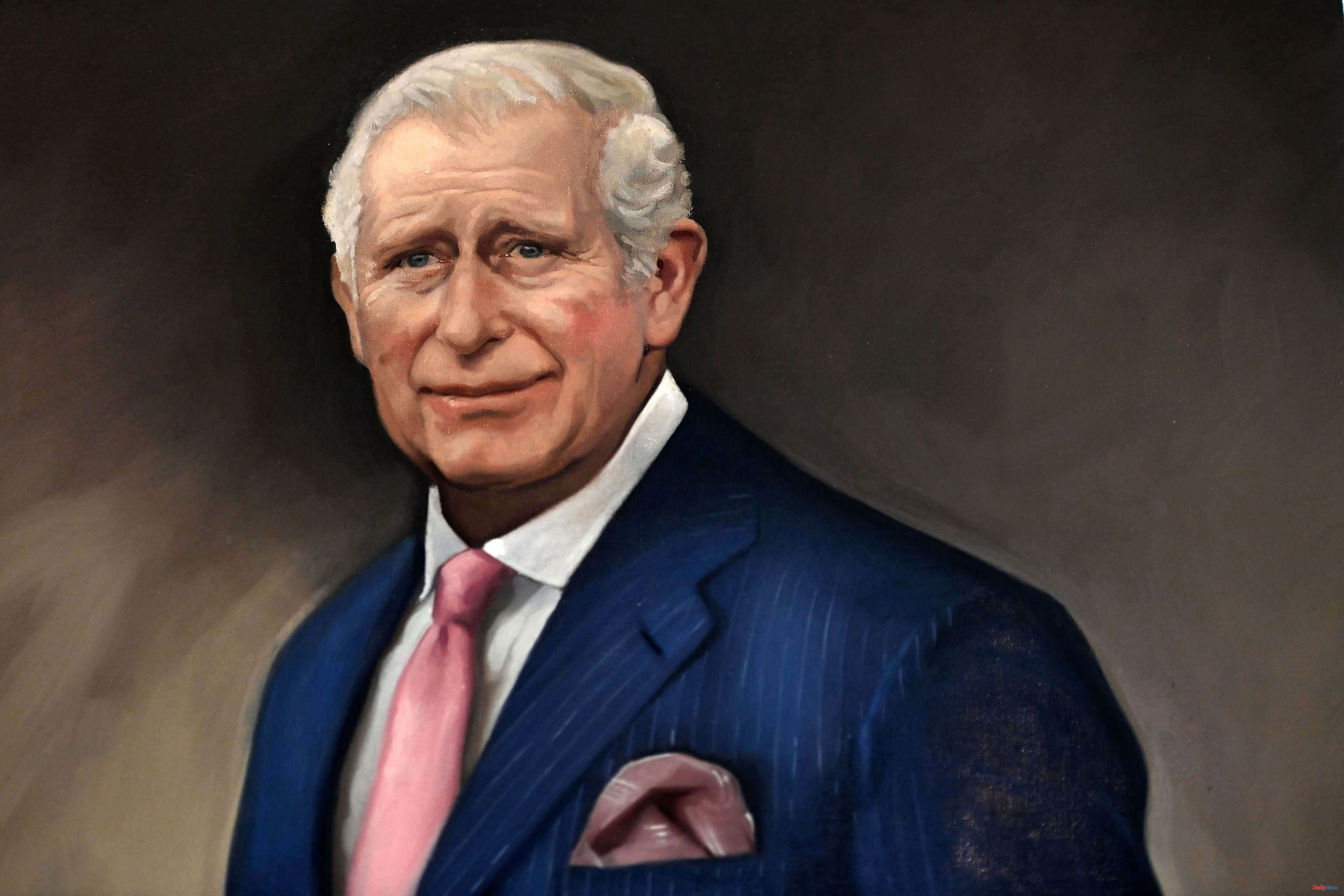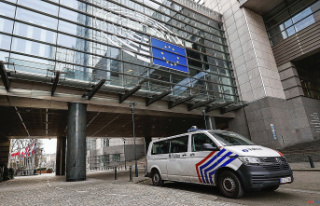The British Government has decided to allocate eight million pounds (nine million euros) to hang portraits of King Carlos III in all public buildings that require it (schools, courts, police stations, town halls) at no additional cost, although ultimately paid by British taxpayers in the midst of the cost of living crisis.
"We are facing a shameful waste of public money," denounced Graham Smith, head of the anti-monarchist group Republic. "The government has lost its way if it thinks that people want their money to be spent on pictures of King Charles."
According to Smith, the Coronation scheduled for May 6 is going to cost the public treasury between 57 and 100 million euros, an expense that in his opinion is "absolutely scandalous", despite the promise of King Carlos himself of an austere ceremony in Hard times for the British.
"At a time when local districts are raising taxes and cutting public services, with schools and hospitals struggling underfunding, spending even a pound on this nonsense would be too much," the Republic director said. .
A British government spokesman, however, defended the decision to pay for the portraits in public buildings in time for the iconic date: "As part of the fabric of our nation, public authorities must have the opportunity to commemorate the moment."
The Cabinet Minister, Oliver Dowden, went even further and thus justified the decision to set aside a budget of eight million pounds to "hang" the portraits: "They are going to help us turn a page of our history together and pay tribute to our sovereign."
"We have entered a new reign in our history," Dowden stressed. "As we unite in preparations for the splendor of the King's Coronation, these new portraits will be a visible reminder of our last public servant across the country."
John Glen, chief secretary of the Treasury, also supported the decision in the face of criticism, arguing that the portraits will serve "to allow thousands of public institutions in the United Kingdom to proudly mark this decisive moment in our nation's history."
The recent controversy has coincided with the dissemination of the first official portrait of King Charles, commissioned by the Illustrated London News and by the artist Alastair Barford. In the painting the monarch appears dressed in a blue suit and pink tie, leaving a symbolic bracelet on his left wrist, a gift from the indigenous leader of the Amazon, Domingo Peas, as an emblem of his commitment to the environment.
The portrait that will hang in public buildings will not be this, however. Buckingham Palace will soon make a selection of photos of the monarch public, and local authorities, schools, hospitals and even fire stations will be able to choose their favorite image of the monarch.
Meanwhile, the portrait of Alastair Barford has been praised for the closeness that Carlos manages to convey, far from all pomp and with an affable gesture (and a counterpoint of sadness). "I wanted to capture the warmth and sensitivity of the King and the empathy that I've seen in his interaction with the people he meets," says Barford.
Although regularly outranked in the polls by his son William and his wife Kate, Charles approaches the Coronation with a favorable view from most Britons, despite the blow from Prince Harry's autobiography "In the Shadows." that made a dent in the popularity of the Royals at the beginning of the year.
According to a recent UnHerd poll, 55% of Britons agree that "the monarchy is good for the UK", compared with 18% who disagree and 26% who are not sure. The poll shows that support for the republic, normally around 20%, has not grown substantially since Elizabeth II's death in September 2022.
According to the criteria of The Trust Project












